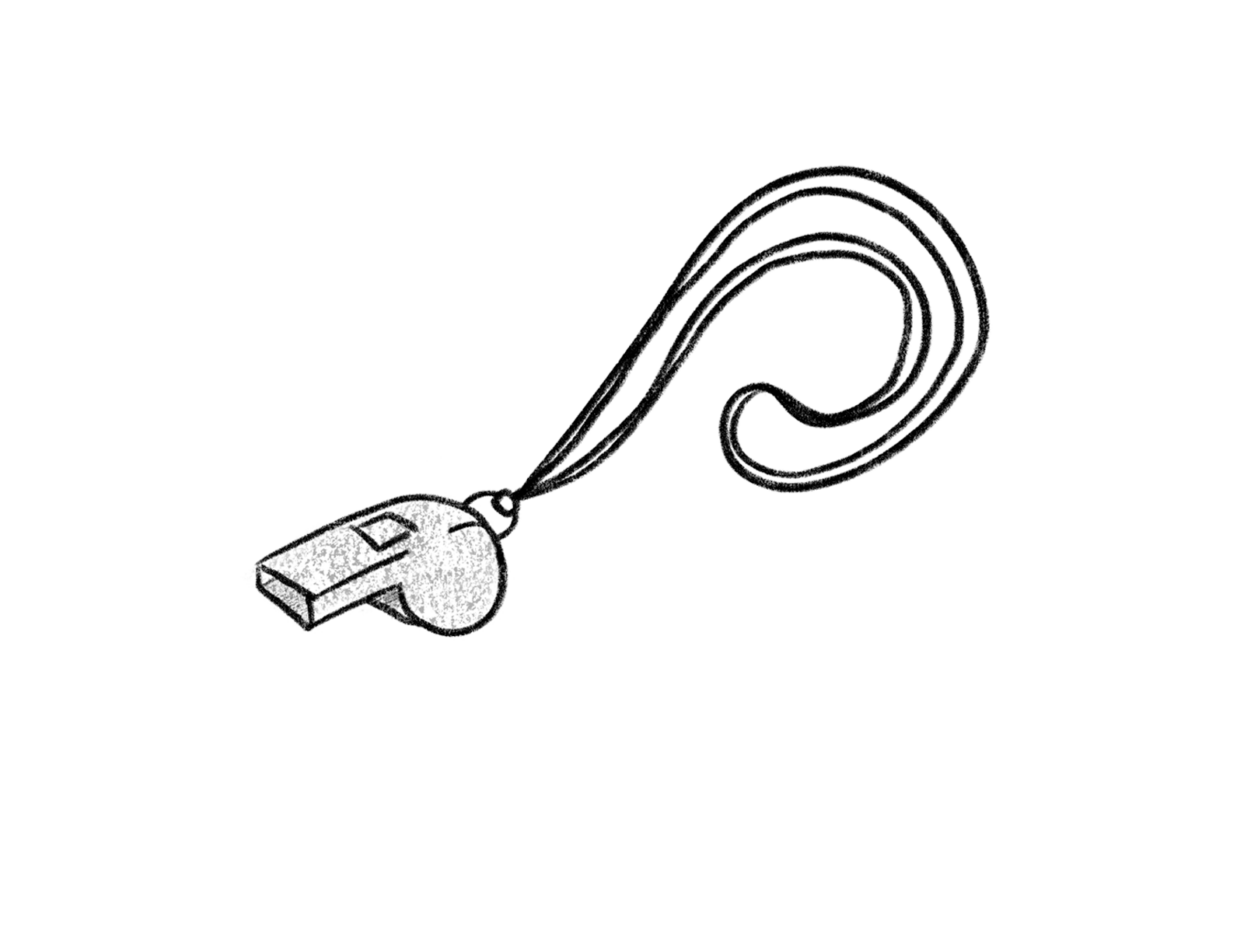
Image by Ivy Sanders Schneider

Image by Ivy Sanders Schneider
On a balmy Monday evening last summer, I attended a networking event for young venture capitalists on a rooftop in midtown Manhattan. I asked some if the state of the economy — teetering, as it seemed to be, on the brink of a recession — worried them. One recent Harvard graduate, standing with a view of Grand Central Terminal, told me that, on the contrary, he was excited for the chance to prove his mettle. “Pressure,” as he put it, “makes diamonds.” Another young techie near the bar assured me that “noise is being over-indexed on.”
Until the American dream of being your own boss fades, there will be new workers waiting in the wings to join startups, and there will be investors ready to back them. But even as tech’s conveyor belt brings in a new generation, it carries people out the other side. Some are lost to mass layoffs, others to boyboss resignations. Despite the optimism of the young investors I met, things are not looking promising: with a slimmed-down workforce and deflated stocks, Silicon Valley seems poised to spit out plenty of workers who may be looking to pivot.
The good news for those exiting the industry is that many before them have found successful second acts as professional tech critics. Ambitious ex-techies who joined the field in the last decade can now cash in on growing public distaste for the industry, denouncing the field they helped build.
For years now, executives have been making this turn. Sridhar Ramaswamy, an advertising executive at Google who became cynical about the company’s privacy policies and model of rapid growth, started an ad-free search engine that proclaimed, “No Tracking. No Bias.” Justin Rosenstein, who helped create Facebook’s “Like” button, became an outspoken critic of social media platforms and started a nonprofit focused on democracy. Tristan Harris initially stayed on the inside, making his name as Google’s in-house ethicist. He has since struck out on his own as the head of the Center for Humane Technology, which aims to “Align Technology with Humanity’s Best Interests.” He appeared in Netflix’s docudrama The Social Dilemma, which included various wealthy ex-executives wringing their hands about what the tech they made has wrought — the classic pursuit of absolution by admission.
Some professional tech critics focus on the horrors of machines themselves, glossing over the people who designed them. Others criticize the worst excesses of the field, recommending more sober versions in the same idiom. Those who dominated a sector but have since been alerted to its flaws can get ahead of the backlash — their experience, rather than disqualifying them, becomes the necessary credential. These figures often draw our attention to bad things, which can be helpful. But casting tech as a force that needs such counter-forces as flanks of insider ethicists and committees may create perverse incentives. Critics who’ve entered what Joanne McNeil has called “the Silicon Valley whistleblower-to-Aspen Ideas Festival pipeline” will only survive as long as their adversary does. Obsessing over platforms’ downstream effects in this way may reinforce the structures that make them powerful. Lately, you don’t even need to leave the industry to get points for roasting it. Tom Chavez, an investor and entrepreneur, has been calling for regulation while building more software companies. (Though he is “getting invited to fewer parties,” according to the headline of a Fast Company profile.)
Maybe those who stand to benefit from a strong tech sector will continue to suggest circular, technocratic solutions to the industry’s problems. But after the fall of Sam Bankman-Fried, who famously lobbied to legislate the crypto industry he then torpedoed, both the techie boy-genius and righteous solutionist archetypes are losing their sheen. Ultimately, it may not be something as sexy as “culture”or “backlash” that kills tech’s party. It may just be interest rates.
Lora Kelley is a writer and reporter in Brooklyn.